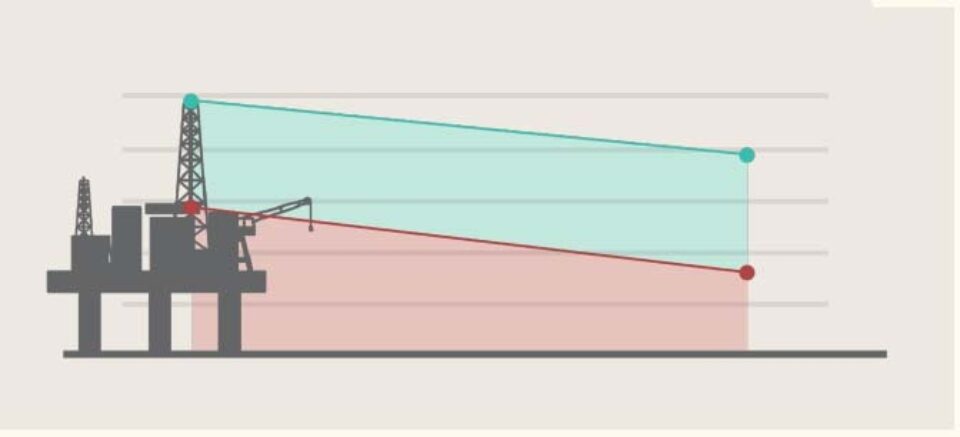A Pass to Pollute: Environmental (Non)Enforcement Under the Trump Administration
Tom Lalley / Stephen Read / Sydney Colopy (Former Program Manager) / June 1, 2020

Introduction
Under the Trump administration, enforcement of environmental regulations has dropped to historic lows. During fiscal year (FY) 2019, the Environmental Protection Agency (EPA) reduced its inspections of regulated facilities by almost half the average annual rate performed by the previous administration. As a corollary, EPA’s civil and criminal enforcement case load fell to its lowest level in a quarter century. These and similar declines across other federal agencies are the direct consequence of deliberate administration efforts to restrict and curtail federal agencies’ compliance monitoring and enforcement activity through rulemakings, legal opinions, policy memos and funding reductions.
In addition to systematically undercutting environmental enforcement, the administration has been eliminating or scaling back key environmental protections, nullifying even the possibility of enforcing them. The EPA and the Bureau of Land Management (BLM), for example, have moved to eliminate their respective regulations on methane emissions from the oil and gas industry, opening the door for this potent greenhouse gas to spew essentially unchecked from thousands of wells. And because the administration has dramatically narrowed the definition of the “waters of the United States” that fall under the Clean Water Act, more than half of the nation’s wetlands and millions of miles of streams have lost federal protection entirely.
Regulatory agencies also have taken steps to hamstring the rulemaking process itself. The EPA, for example, is proposing to eliminate consideration of important health and environmental benefits when conducting cost-benefit reviews under the Clean Air Act. The agency intends to pursue similar changes to cost-benefit analysis of regulations under other statutes — all as an obvious ploy to falsely claim that the costs of new rules outweigh their benefits.
The EPA has also proposed arbitrary restrictions on the use of science in its rulemaking processes, using the widely accepted need to protect personal medical information as an excuse to discount certain peer-reviewed scientific research.
Finally, the administration has pushed its own enforcement responsibilities onto states, many of which have small environmental and resource management agencies that lack the capacity and expertise to fulfill such responsibilities on their own. The administration has done so while proposing year after year to slash the federal funding that those state agencies rely on.
